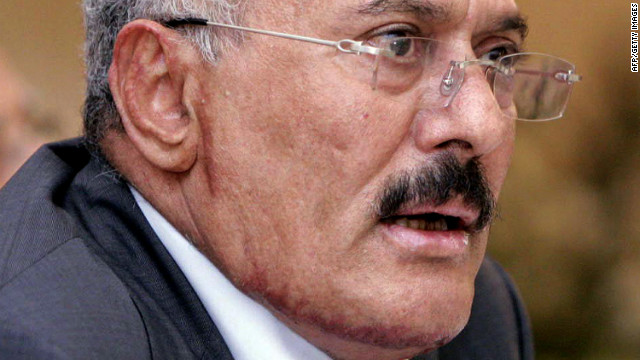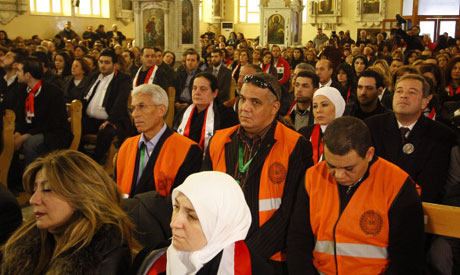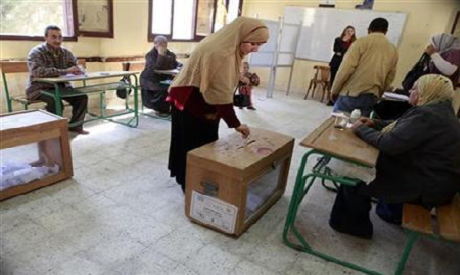By Tyler Yates
Impunity Watch Reporter, Middle East
KUWAIT CITY, Kuwait — Police officers in Kuwait are drawing international scrutiny for having tortured and sexually abused transgender women under the protection of a law passed in 2007.
The law arbitrarily criminalizes “imitating the opposite sex.”
Human Rights Watch is calling for Kuwait to repeal the discriminatory law and hold the police officers accountable for their misconduct. A 63-page report released by the organization entitled “They Hunt us Down for Fun: Discrimination and Police Violence Against Transgender Women in Kuwait” documents the physical, sexual, and emotional abuse and persecution that transgender women – individuals that were born male but identify as female – have faced at the hands of Kuwaiti police.
The report archives instances of abuses committed by members of the Kuwaiti police and the public, and concludes that the arbitrary, ill-defined provisions of the law have created an atmosphere that allows such abuses to take place.
Kuwaiti police have free reign to determine whether a person’s appearance corresponds with “imitating the opposite sex” without being given any criteria for the offense.
Transgender women have reported being arrested while dressed as men, and then being forced to dress as women later coupled with a claim that they were arrested that way. Some reported that they were arrested because the police said they had a “soft voice” or “soft skin.”
Transgender women that have been arrested report having faced degrading and humiliating treatment while in detention, including being paraded naked around the police station, being forced to dance for police officers, sexual humiliation, verbal taunts and intimidation, solitary confinement, and abuse that could amount to torture.
“No one – regardless of his or her gender identity – deserves to be arrested on the basis of a vague, arbitrary law and then abused and tortured by police,” said Sarah Leah Whitson, Middle East director at Human Rights Watch. “The Kuwaiti government has a duty to protect all of its residents, including groups who face popular disapproval, from brutal police behavior and the application of an unfair law.”
International law dictates that Kuwait has an obligation to ensure the protection of its residents from arbitrary arrests or detention.
Kuwait is a signatory to the Convention against Torture and Other Cruel, Inhuman, or Degrading Treatment or Punishment, under which sexual violence by police officers acting in an official capacity constitutes torture.
Human Rights Watch has also asked, pending repeal of the law, for the Kuwaiti interior ministry to issue a moratorium on arrests of transgender individuals, and to work to protect them.
For more information, please see:
Human Rights Watch — “They Hunt Us Down For Fun”: Discrimination and Police Violence Against Transgender Women in Kuwait — 2012
Al Arabiya — Kuwait police abused transgender women: HRW — 15 Jan. 2012
Arabian Business — Kuwait urged to crack down on transgender attacks — 15 Jan. 2012
Asia One — Kuwait police abused transgender women: HRW — 15 Jan. 2012
Human Rights Watch — Kuwait: End Police Abuses Against Transgender Women — 15 Jan. 2012
Kuwait Times — ‘They Hunts us Down for Fun’ – Police accused of transgender torture, sexual assault — 15 Jan. 2012



